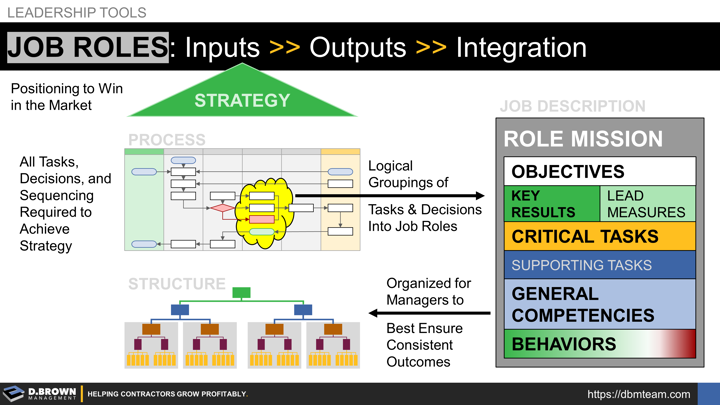Only 35% self-rated their interviewing process as “Very Effective,” while many cited lack of time to effectively manage the process.
As with any troubleshooting, it is important to look beyond the stated problems by asking deeper and deeper questions until you get to the root cause(s).
For instance, if you are not seeing enough qualified candidates, perhaps your Talent Sourcing / Pipelining processes could use improvement.
The foundation for a good interview process starts with clearly defining what you really need out of the role so that your business continues to grow sustainably.
A good interview process ensures the best fit with the role you defined. You will never have a 100% perfect fit, so it is just as important that the interview process identifies the gaps that your onboarding and integration process will need to address.
If you are still not seeing enough quality candidates, you might have the role requirements set into the “Unicorn Range.” Lowering your bar will lower your business results.
Can you define the role responsibilities differently, including your organizational structure and workflows?
Learn More:

